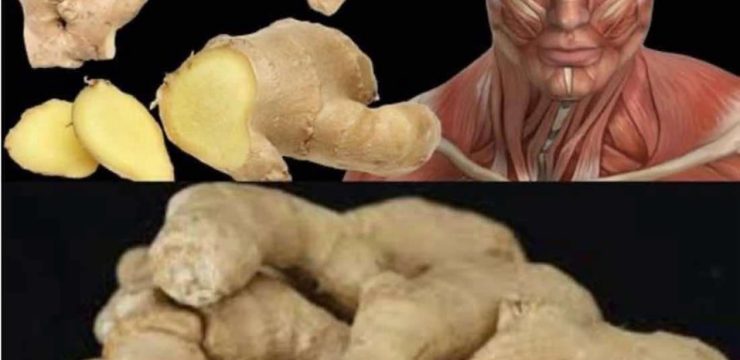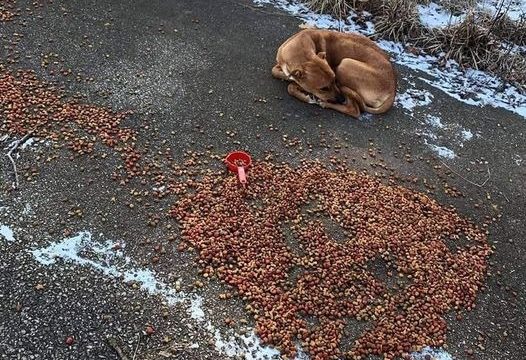Finding sprouted potatoes in your kitchen is pretty common, especially if they’ve been sitting for a while. But the big question is: Are they still safe to eat? If you’ve ever wondered what to do with sprouted potatoes, here’s a breakdown of whether they’re still edible and how to handle them safely.

What Happens When Potatoes Sprout?
Potatoes sprout when they start to grow small shoots, often called “eyes.” This process is the potato’s way of trying to reproduce. It typically happens due to prolonged exposure to light, heat, or simply because the potatoes have been stored for too long. While sprouting itself isn’t harmful, it does raise concerns about the quality and safety of the potato.
Can You Eat Sprouted Potatoes?
The short answer is yes, you can still eat sprouted potatoes, but with some precautions.
- Remove the Sprouts: If your potatoes have sprouted, the safest way to use them is by removing the sprouts and any green areas on the skin. Both of these contain solanine, a naturally occurring toxin that can be harmful when consumed in large quantities.
- Check for Other Signs of Spoilage: Beyond the sprouts, it’s important to inspect the rest of the potato. If it feels soft, shriveled, or has a strong odor, it’s better to toss it out. These signs indicate spoilage, and consuming spoiled potatoes can make you sick.
- Cook Thoroughly: Cooking sprouted potatoes well can help reduce the risks associated with solanine. However, you should still avoid eating large amounts of sprouted potatoes, especially if they have significant green spots or have been heavily sprouted.
Why Are Sprouted Potatoes a Health Concern?
Sprouted potatoes pose a risk because they contain higher levels of solanine. Solanine is a toxic compound that develops when potatoes are exposed to light or stored improperly. This toxin serves as a natural defense for the plant, but it can cause nausea, headaches, and digestive issues in humans if consumed in large amounts. The greenish tint you might see on the skin of sprouted potatoes is a telltale sign of solanine buildup.
How to Prevent Potatoes from Sprouting
Prevention is key when it comes to keeping your potatoes sprout-free. Here are some tips to help prolong their shelf life:
- Store in a Cool, Dark Place: Potatoes should be kept in a cool, dark environment with good ventilation. Avoid storing them near onions, as onions release gases that can accelerate sprouting in potatoes.
- Use Proper Storage Containers: Potatoes should be stored in breathable containers, like paper bags or open bins. Avoid using plastic bags, as they trap moisture, which encourages sprouting.
- Check Regularly: Make a habit of checking your potatoes regularly and use them up before they start sprouting. This is especially important if you’ve bought them in bulk.
Final Thoughts
In conclusion, sprouted potatoes can still be eaten safely as long as you take a few precautionary steps. Remove the sprouts and any green parts, check for other signs of spoilage, and cook them thoroughly to minimize any health risks. However, if your potatoes have extensive sprouting or show signs of spoilage, it’s better to discard them to avoid potential health problems. When in doubt, it’s always safer to err on the side of caution.





